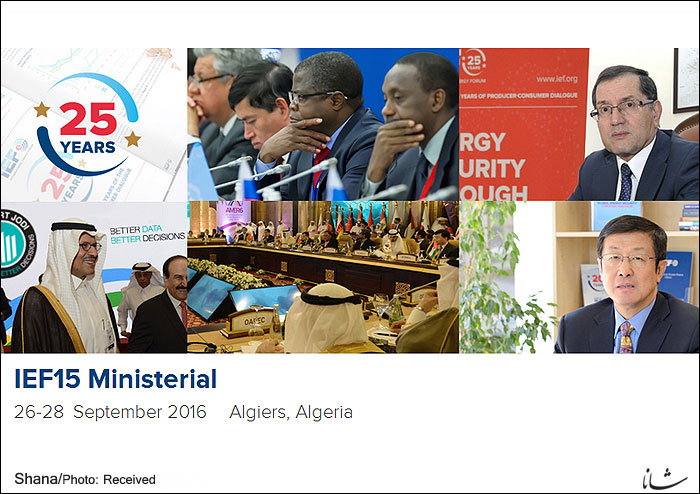Prior to OPEC ministerial meeting in Algeria, it was very difficult to predict whether OPEC would reach a consensus on cutting production, but unexpectedly it was announced that OPEC had reached an agreement on cutting output, even though only in principle.
But, what was the real reason behind the agreement in Algeria?
Since going ahead with market share strategy which flooded the market in 2014 and subsequently led to drastic fall in oil prices, Saudi Arabia had ignored frequent calls for considering production cut.
The market share strategy led by Saudi Arabia was not completely fruitless but it failed to achieve the desired objective to push non-OPEC oil producers out of the market as expected.
OPEC president’s remarks show that market share strategy has had some relative achievements but OPEC gains was very little in the face of the more than one trillion dollars OPEC members lost in the two last years.
Even, losing revenues led to social unrest in some OPEC members including Venezuela which is dependent on oil revenues for more than 90 percent of its foreign exchange earnings.
While growing number of OPEC members called for restricting output and Russia announced its agreement with a freeze output plan in order to boost prices, once again Saudi Arabia ignored the request in April in Doha, when the country insisted that Iran should take part in the freeze plan, a country that since early this year has been raising its oil production with the aim of restoring its output to pre-sanctions level of four million barrels per day.
Saudi Arabia’s new approach came to surface in the extraordinary meeting of OPEC in Algiers, where Riyadh accepted Tehran’s right to boost oil production to pre-sanctions levels of four million barrels per day in particular and cutting output in general.
OPEC’s extraordinary meeting was also a success for not only for Iran’s oil policy which insisted on exemption from freeze plan but also for President Hassan Rouhani’s initiative to start serious negotiations with 5+1 powers to lift sanctions.
Without Joint Comprehensive Plan of Action (JCPOA), which led to the lifting of sanctions, Iran’s market share would be in the hands of its rivals and Iran’s influence in the oil market and OPEC meetings was very little. Also, possibly oil prices were very high due to geopolitical tensions between Iran and the West, to the benefit of Iran’s rivals and to the loss of Iran.


Your Comment